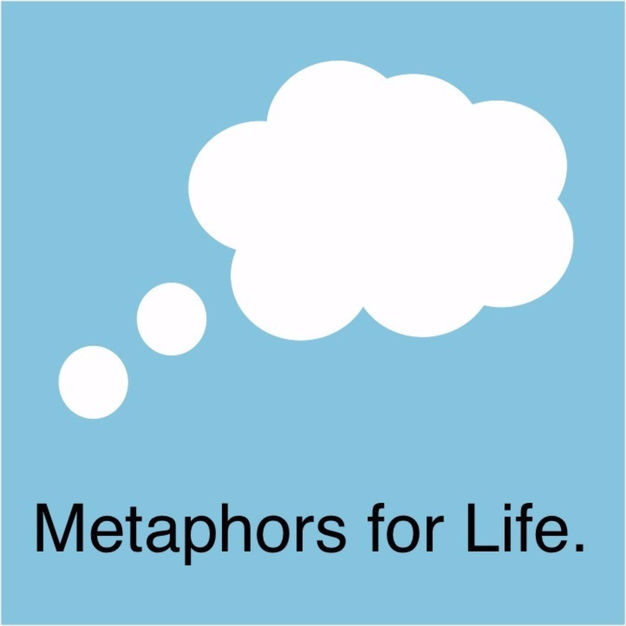🚀 From Google Podcasts to Moon FM in No Time: Your Hassle-Free Migration Guide
👉

Metaphors for Life - an invitation to consider your own experience of relating to thoughts, feelings and actions from a different perspective. Encouraging psychological flexibility with content inspired by the principles of Acceptance and Commitment Therapy (ACT), and Cognitive Behavioural Therapy (CBT).
Your feedback is valuable to us. Should you encounter any bugs, glitches, lack of functionality or other problems, please email us on [email protected] or join Moon.FM Telegram Group where you can talk directly to the dev team who are happy to answer any queries.